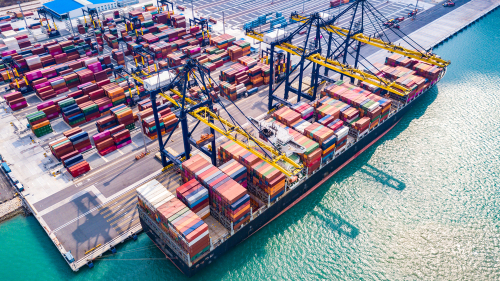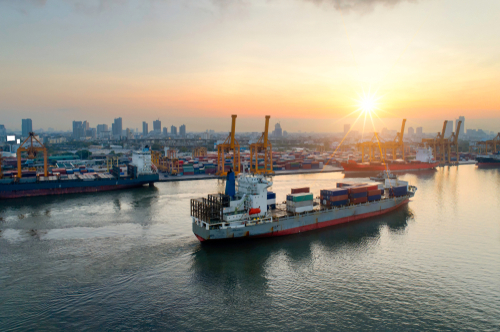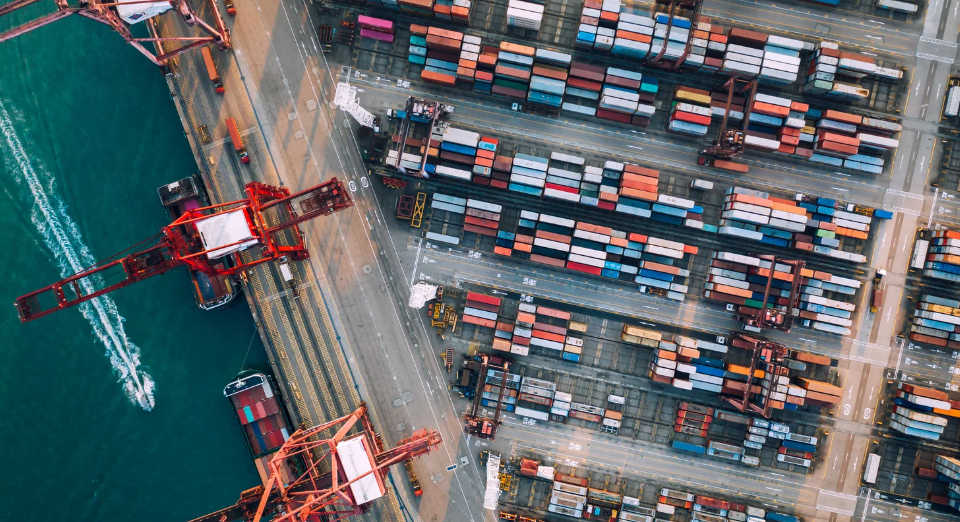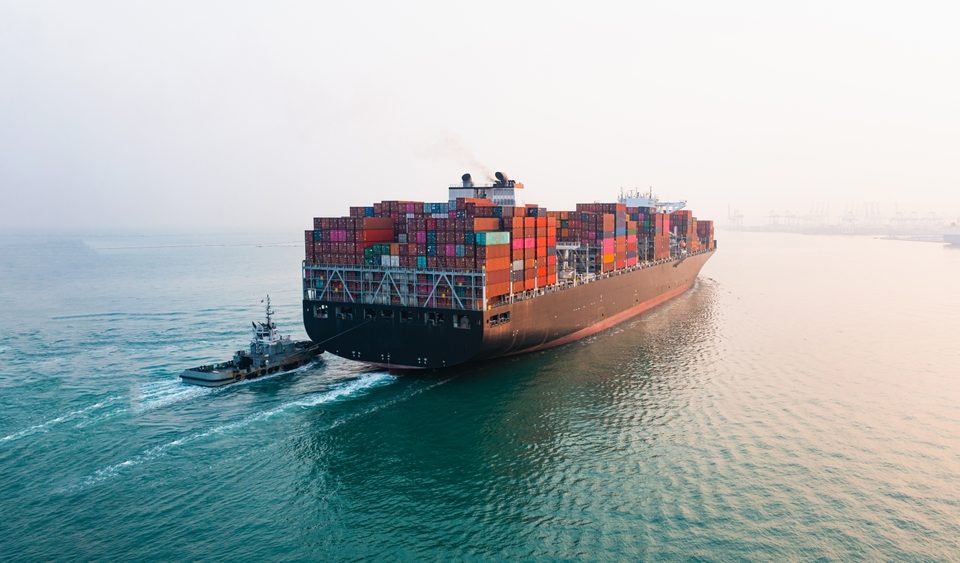
Forced Labor Enforcement Task Force Launches Enforcement Strategy for the Uyghur Forced Labor Prevention Act
June 20, 2022
COVID Concerns Continue
July 12, 2022Supply Chain Industry Update – June 21, 2022
Peak Season Looming – San Pedro Bay
The twin ports of Los Angeles and Long Beach anticipate a healthy summer with the volume of freight remaining at prominent levels comparable to 2021, even though U.S. inflation is at its highest level in 40 years and the cost of buying goods has increased. In May 2022, inflation reached 8.6%, which is up by 1% from April reports. However, imported cargo volumes are anticipated to be steady. Goods have been purchased and loaded in vessels, with as many as 47 container vessels departing Asia and slowly steaming toward the San Pedro Bay. In an attempt by shippers to avoid a heavy peak season, merchandise was ordered earlier than normal.
Despite surging inflation and waning consumer confidence, Gene Seroka, Los Angeles Executive Port Director indicated, “While Americans are not buying the same kind of goods they were at the height of the pandemic, retailers continue to replenish inventories as sales of finished goods remain strong, and parts and components continue going to American factories.” Seroka also anticipates an early start to peak-volumes with arrivals to start the peak season by the end of June. On-dock rail remains problematic as an estimated 29,000 TEU’s remain on terminals waiting for rail and as many as 15,000 have been waiting for nine days or longer. Pre-pandemic numbers were normally 9,000 and were waiting fewer than nine days. The 30-day average of cargo moving off dock is numbered at 179,000 TEU, down from 200,000 TEU, with the street dwell time for both container and chassis at nine days, with pre-pandemic dwell time at three and a half days.
National Retail Federation (NRF) Call to Administration – Lower Tariffs from China
According to a press release from the National Retail Federation on June 15, 2022, retail sales slowed in May as consumers faced continuing inflation and higher prices for essentials. CEO and President Matt Shay stated, “Retail sales are reflecting the American growing concern about inflation and its impact on the cost of everything from groceries to gas. Retailers are doing what they can to keep prices down, but we continue our call on the administration to repeal unnecessary and costly tariffs on goods from China to relieve pressure on American consumers and their family budgets.”
Federally Funded Infrastructure Bill Update
Following the passage of the Federal Infrastructure Bill, the Administration announced last week the steps to accelerate investment in ports, waterways, and freight networks to help ease supply chain bottlenecks that are contributing to inflation and slowing economic growth. The White House announced it has instructed the Department of Transportation to allow flexibility to how port grants are spent. The Department is anticipated to issue a temporary exception to allow port authorities to redirect project cost savings toward improved trucking, rail, and terminal inefficiencies that prevent swift movement of containers from the ports.
Ocean Shipping Reform Act Signed by the President on June 16, 2022
In short, the law is intended to allow the Federal Maritime Commission (FMC) to have greater authority to launch probes of container carriers’ business practices and apply enforcement measures. Ocean carriers will be required to report to the FMC total import/export tonnage quarterly and would bar ocean carriers from unreasonably declining opportunities for U.S. exports which is especially supportive of agricultural goods. The new law enhances the FMC authority to ensure industry players have the right incentives and that stakeholders within the ocean freight transportation industry have a voice. The law requires the FMC to issue rules related to certain fee assessments, prohibited practices, and establishment of a shipping registry, and authorizes the FMC under certain circumstances to issue an emergency order requiring common carriers to share information directly with shippers and rail and motor carriers. A new and permanent International Ocean Shipping Supply Chain Program will be established, which will study issues within the U.S. supply chain and propose solutions. The Export Rapid Response Team will be re-established to provide prompt solutions for emergency commercial disputes between exporters and ocean carriers. The law will require carriers, marine terminal operators, and port operating seaports to employ a designated FMC compliance officer who would report directly to a designated senior-most U.S. based executive.
Port of Shanghai
According to the gCaptain Daily issue of June 17,2022, Shanghai port congestion remains at seasonal norms. As COVID-19 lockdowns were reimposed throughout much of the city, the Shanghai port congestion remains at normal season levels. Containerships have since reduced waiting times and are currently trending 34 hours and wait times are continuing to fall.
Please contact your Western Overseas representative with questions.





